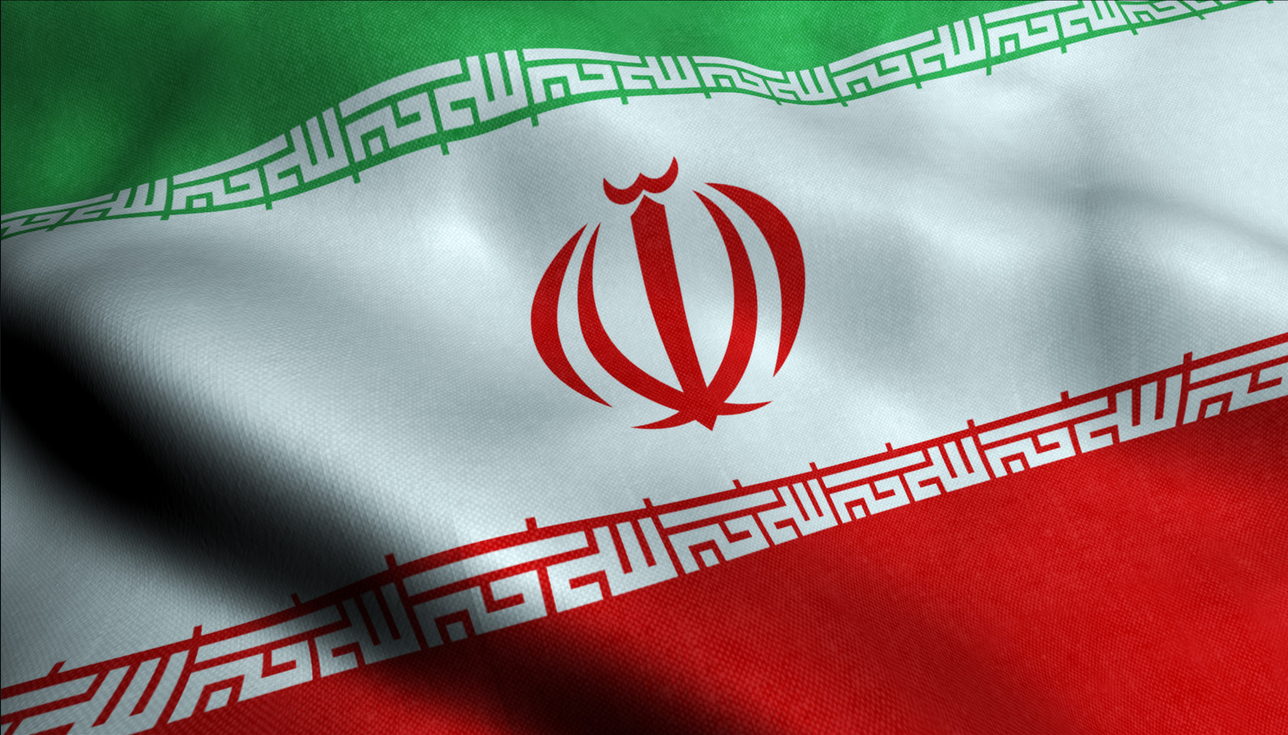American missile strikes on Houthi forces in the Red Sea underscore the Navy's critical role in protecting one of the world's busiest trade routes.
With persistent aggression from Iran and its proxies, maintaining a naval presence in the Arabian Peninsula remains essential, despite the primary focus on countering China in the Indo-Pacific and deterring Russia. Deploying vessels to the Red Sea is resource-intensive and time-consuming, with a carrier from San Diego taking about 20 days to reach the region. This limits U.S. naval capabilities in the western Pacific, critical if China invades Taiwan.
Access to the Suez Canal, essential for East Coast vessels, is not guaranteed due to Egypt's economic instability and increasing reliance on Russian military support and Chinese investment. This geopolitical vulnerability necessitates a backup plan for U.S. Navy deployments eastward.
A permanent U.S. naval presence in the Red Sea region, potentially within the Fifth Fleet's area of responsibility, could mitigate these challenges. This requires identifying a host country. The U.A.E., with major ports and political alignment with U.S. interests, faces security concerns due to its ties with China. Oman offers strategic proximity to the Iranian coast and Red Sea, though its balanced relations with Iran and the U.S. may complicate basing agreements. Kenya, while supportive of U.S. interests and beneficial for Red Sea operations, is geographically less strategic for Persian Gulf deterrence. India, a key defense partner, presents an opportunity for enhanced cooperation against China and Iran but risks complicating its relations with Russia and China.
A model for this approach is the decade-long deployment of U.S. destroyers to Naval Station Rota, Spain, enhancing NATO defense and regional contingency operations. A similar deployment east of Suez would signal U.S. commitment to safeguarding global trade and countering Iranian threats, complementing Air Force tactical squadrons in the Middle East as suggested by defense expert Michael O’Hanlon.
Ultimately, unconventional basing strategies are needed to address asymmetrical threats like the Houthis while maintaining focus on the Indo-Pacific. The U.S. must balance immediate regional security needs with broader strategic objectives, ensuring robust maritime security across multiple theaters.





